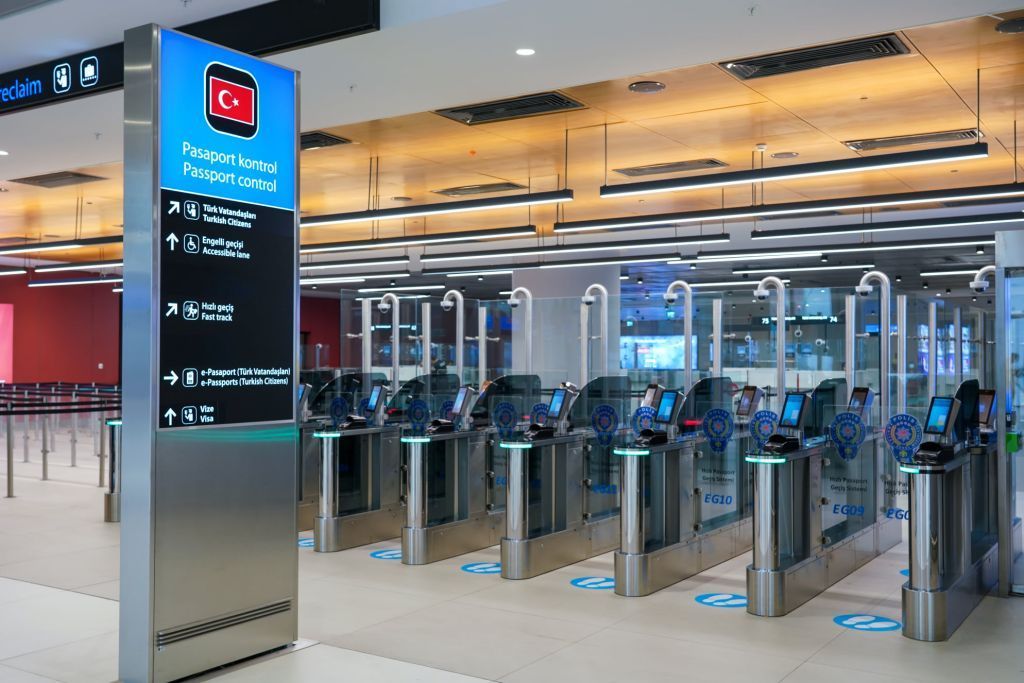SAS has announced that in a new initiative that commenced on 1 April 2018, it will compensate CO2 emissions generated by customers flying on its Youth Ticket. With Youth Tickets available to travelers aged between 12 and 26, this initiative forms part of SAS’s environmental and sustainability work.
“Many of our passengers, especially young travelers, make active choices to promote a sustainable development. SAS strives to use innovative solutions and new technology to make aviation sustainable long term. The possibility to CO2 compensate your flight has been available to all of our travelers for several years, but from April 1st SAS have decided to voluntarily CO2 compensate all SAS Youth Tickets” says Lars Andersen Resare, Head of Environment and CSR for SAS.
SAS calculates CO2 emissions based on travel statistics and emissions data, and invests in renewable energy projects provided by an external partner*.
“Basically, this means that the amount CO2 emitted by flying is compensated through investments in these projects. We expect that this will lead to investments totalling approximately SEK 15 million annually”, says Lars Andersen Resare.
CO2 compensation is an initiative within the framework of SAS’s environmental and sustainability program focusing on reducing emissions generated by the enterprise. Another part of this work is the transition to a fleet consisting of the most fuel-efficient aircrafts available, Airbus A320neo. Furthermore, SAS purchased approximately 100 tonnes of biofuel and continues to actively promote the commercialisation of biofuel for aircraft.
“Our new A320neos consume on average 18 per cent less fuel per passenger compared to the previous A320 model. Since 2005, the enterprise has reduced its CO2 emissions per passenger kilometre by 22 per cent. The use of innovative solutions and new technology is and has always been the top priority for us on our journey towards the next generation of traveling”, says Lars Andersen Resare.
*The Natural Capital Partners. SAS’s offsetting portfolio is comprised solely of projects to transform the global electricity grid to renewable energy; in our case, wind power.













